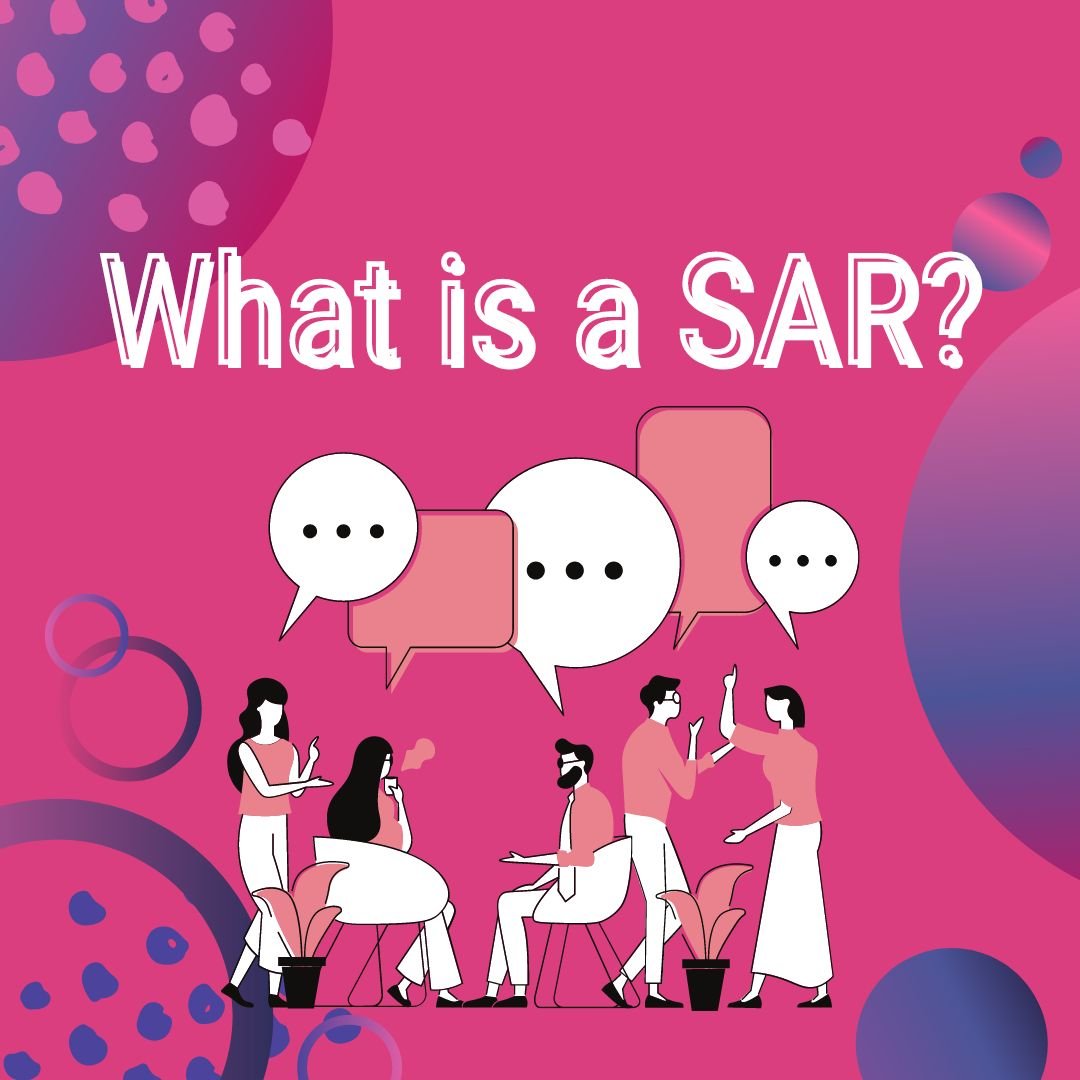One of the many services the Sexual Health Alliance (SHA) provides is a sexual attitude reassessment or a SAR. If you’ve ever wondered what SARs are all about, who they’re for, or why you should attend one, you’re about to learn all that. Plus, I’ll explain why you might choose SHA’s sexual attitude reassessments over those hosted by others.
What is a sar?
SARs are structured group activities, which set them apart from other conferences or workshops. A SAR is more than just a learning experience or a change in your personal beliefs and values surrounding sex; it’s an active process of assessing your attitudes about sex and reflecting on how this might impact the services you provide your clients, patients, or students. These experiences promote growth and compassion for others by exposing you to sexual behaviors and preferences through erotic media–typically video–and let you discuss the content with other professionals, reducing the chance that the first time you hear about a particular sexual desire isn’t from a client who needs your support.
Even if you think you’re open-minded and knowledgeable, you might be surprised by your reactions to these activities! Sexuality educator Jenn Rahner, a Sexual Health Alliance alumn, says it best, “I know when I attended my first SAR, I thought I was quite knowledgeable and I was surprised to find that I did not, indeed, know all there was to know about what people desire!” That’s no surprise because we’ve all absorbed negative ideas about sex that prevent us from learning and talking about it. Plus, sexuality is so expansive that it would be nearly impossible for anyone to know everything about it, even if they deal with it professionally. Because of this, sexual attitude reassessments help you improve as a professional by exposing the biases you may not even have realized you have.
SARS & AASECT REQUIREMENTS
A sexual attitude assessment is a requirement for all of the American Association of Sexuality Educators, Counselors, and Therapists (AASECT) certification programs (sex educator, counselor, or therapist certification). Although AASECT allows applicants to choose the SAR that works for them the best, certification requires at least 14 hours, which is equal to 14 continuing education credits (CEs), of workshop time, so SARs are often multi-day events.
Sexual Health Alliance sexuality professional certification programs cover the 17 required knowledge areas along with a SAR. However, you can also sign up for a SAR separately, whether you’re an SHA alumnus or not. CEs earned by attending a sexual attitude reassessment can be applied to initial AASECT certification or renewal, and renewals require 20 CEs. Some event descriptions list the core knowledge areas (CKAs) for which these credits apply to meet AASECT’s requirements for initial certification, so keep that in mind if you’re registering for a standalone SAR.
Sexual Health Alliance SARs
Even if you don’t need the CEs, participating in a SAR may help you further your career and better serve your clients. A sexual attitude reassessment may be helpful for professionals outside of sexuality, so don’t think you have to be a sex therapist, coach, counselor, or educator for this training to be beneficial. Attending a SAR can also be a useful professional networking experience. Sexual Health Alliance designs SARs that can be life-changing experiences for participants, and working closely with other attendees throughout the workshop can lead to ongoing professional and personal relationships, especially because some organizations limit group size. SHA offers several SARs throughout the year, including this year’s Valentine’s SAR (stay tuned for more details!), which will be online and I hope to attend.
Sexual Health Alliance also offers advanced SARs like the recent sold-out SAR at Hedonism II Resort. This distinction is made by SHA specifically and not AASECT. An advanced SAR takes place in a setting like a swinger’s club or sex resort where people can be outwardly sexual. The nature of these settings can help to further reveal and counteract your biases. If you haven’t already attended one of SHA’s SARs, you’ll need permission for an advanced SAR. They can be a shock if you’re not already involved in places where sexuality is freely expressed, so SHA recommends a standard sexual attitude reassessment first.
Fortunately, you’ve got options from several organizations and SARs can cover different topics. Sexual Health Alliance has hosted SARs that dealt with relationships, couples, orgasm difficulties, and intersectionality, among other topics. Topics such as kink, gender and sexual diversity, youth sexuality, and disabilities can all make for informative and transformational SARs. Every SAR is different, and some organizations take specific approaches to their SARs.
As for me, I can’t wait to attend my first SAR and broaden my horizons. Perhaps I’ll see you there!
By Nicole Martinez




